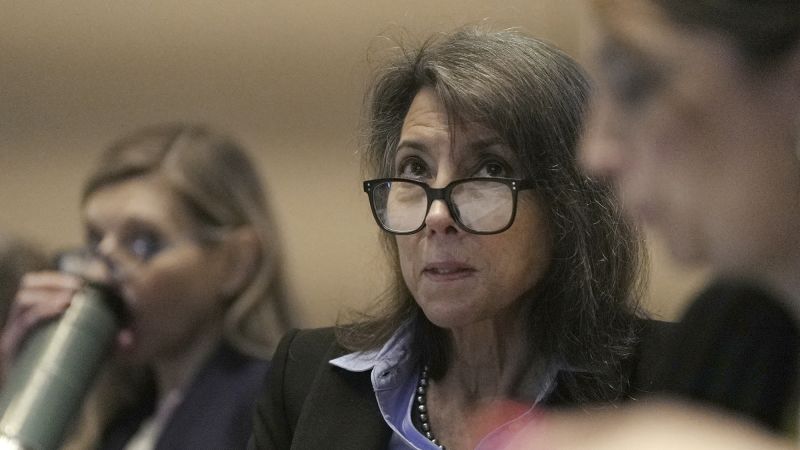In a recent meeting of the Advisory Committee on Immunization Practices (ACIP), a newly formed assembly of vaccine advisers to the Centers for Disease Control and Prevention (CDC) expressed a significant shift in recommendations regarding flu vaccines. On Thursday, they voted to endorse the administration of influenza vaccines without thimerosal, a mercury-based preservative. This decision sparked considerable discussion within the medical community, particularly given that there is no substantial scientific evidence suggesting that thimerosal poses any risk to public health.
The appointment of this new committee, which was instituted by U.S. Health and Human Services Secretary Robert F. Kennedy Jr. after he disbanded the previous panel over alleged conflicts of interest, marks a notable transition in vaccine advisory dynamics. The vote to recommend thimerosal-free flu vaccines was among the first crucial decisions made by this new group. Concerns arose earlier, however, as the introduction of thimerosal discussions into the agenda indicated an intention to question vaccine safety, particularly because Kennedy has previously relaunched his anti-vaccine advocacy through the organization Children’s Health Defense.
Despite thimerosal having been removed from most vaccines around a quarter of a century ago, it remains in some multidose flu vaccines. The FDA recommended its removal out of precaution, rather than due to any evidence of adverse effects. As it stands, only a small fraction of influenza vaccines in the U.S. (approximately 4% during the previous season) still contain thimerosal. Nevertheless, the recent ACIP meeting included a controversial presentation by Lyn Redwood, a prominent figure in the anti-thimerosal movement and a former head of Children’s Health Defense. Critically, her presentation was not subjected to the usual review processes, raising eyebrows among medical professionals who expressed concerns over transparency and scientific integrity.
Dr. Sean O’Leary, a liaison member of ACIP, voiced apprehension about the selective presentation of data during the meeting. This concern is grounded in the belief that misrepresentations could worsen public trust in vaccine safety and fuel misinformation among the public—a heated topic within health education.
In several votes, ACIP members resolved to recommend single-dose flu vaccines for Americans, including children, adults, and pregnant women, indicating a clear preference for formulations devoid of thimerosal. Dr. Cody Meissner, a member of the committee, opposed the direction, arguing that prioritizing single-dose vaccines may limit access for individuals whose only option could be multidose formulations.
Conversely, the meeting culminated in encouraging news as the committee voted favorably on a significant health intervention against respiratory syncytial virus (RSV), a leading cause of hospitalization among infants. The approval of the new vaccine known as clesrovimab (branded as Enflonsia), developed by Merck, adds another layer of protection against this virus. This recommendation was supported by compelling data demonstrating the effectiveness of existing interventions in drastically reducing hospitalizations during the previous RSV season.
The newly recommended vaccine is expected to become available in alignment with the upcoming RSV season, which typically commences in the fall. This advancement reflects a growing commitment to enhancing pediatric health and safety in the United States, particularly as clinicians and public health representatives continue to battle prevalent respiratory viruses.
The recent actions taken by the ACIP and the developments surrounding the thimerosal debate signify an evolving landscape surrounding vaccinations in America. As the health community wrestles with the implications of these recommendations, the prevailing need for scientific rigor and open dialogue remains pivotal in shaping public health policies and ensuring effective health interventions are accessible to the populations who need them most. With significant decisions like these, the voices of health professionals are consequently becoming crucial, as they navigate the tension between public sentiment and established medical evidence to foster the best outcomes for community health.












